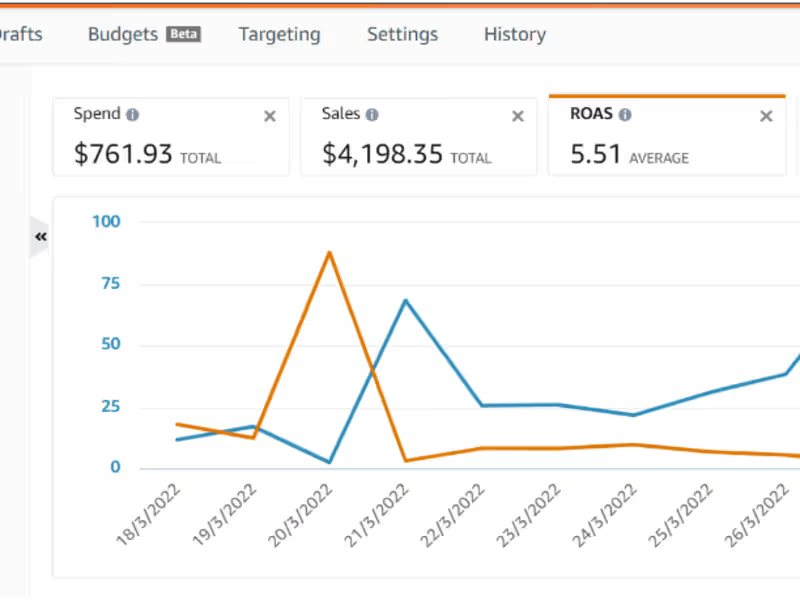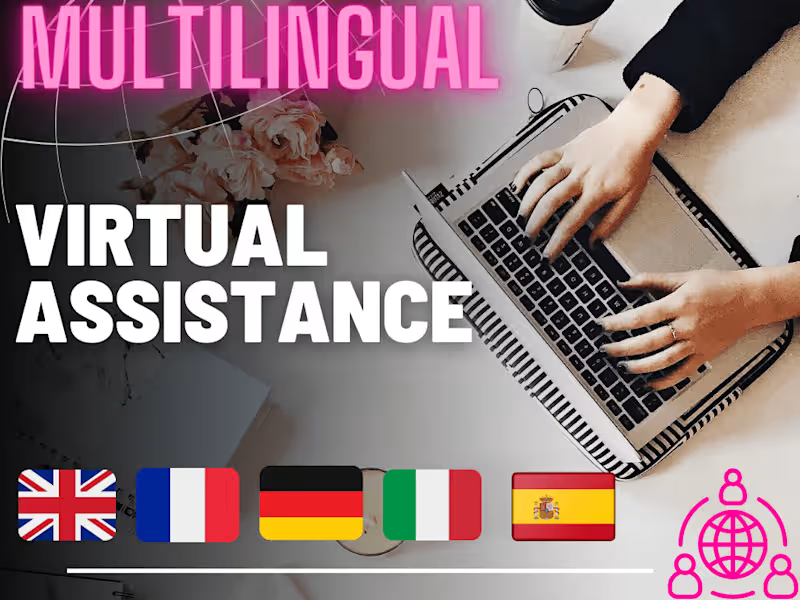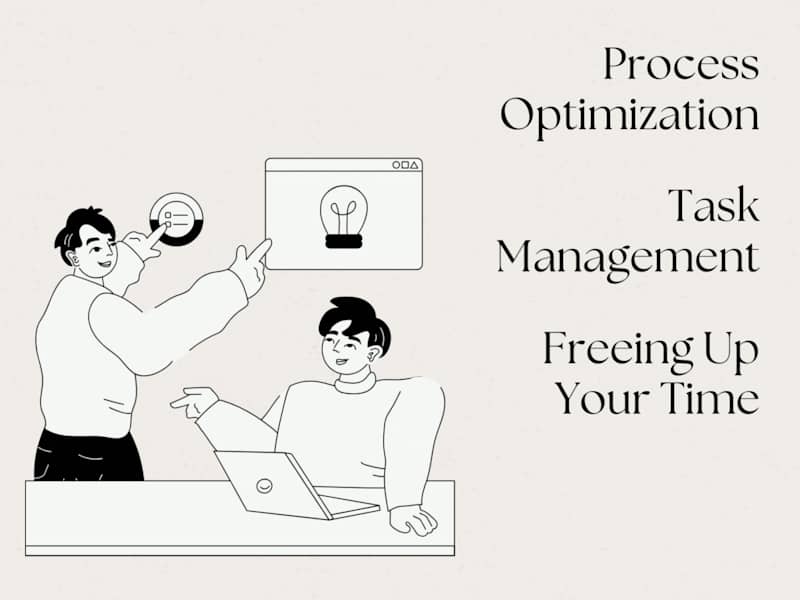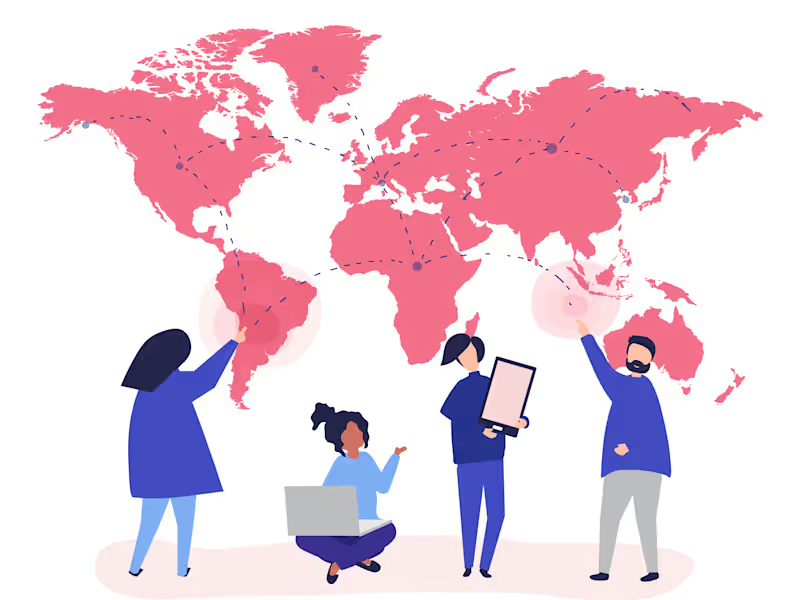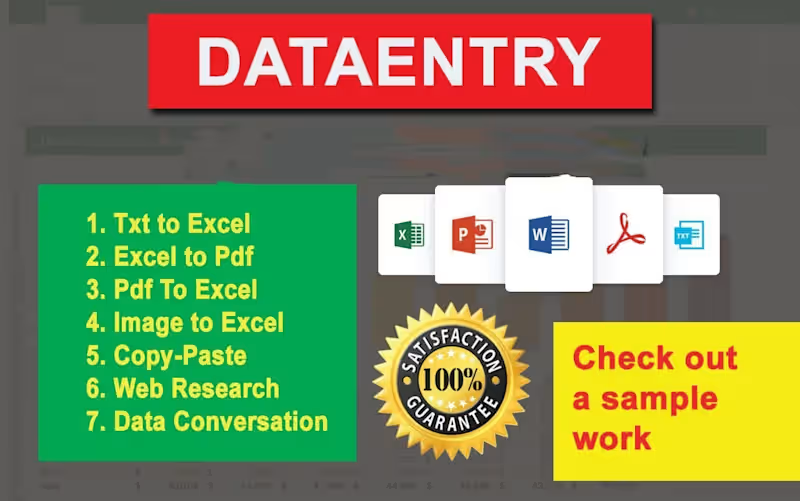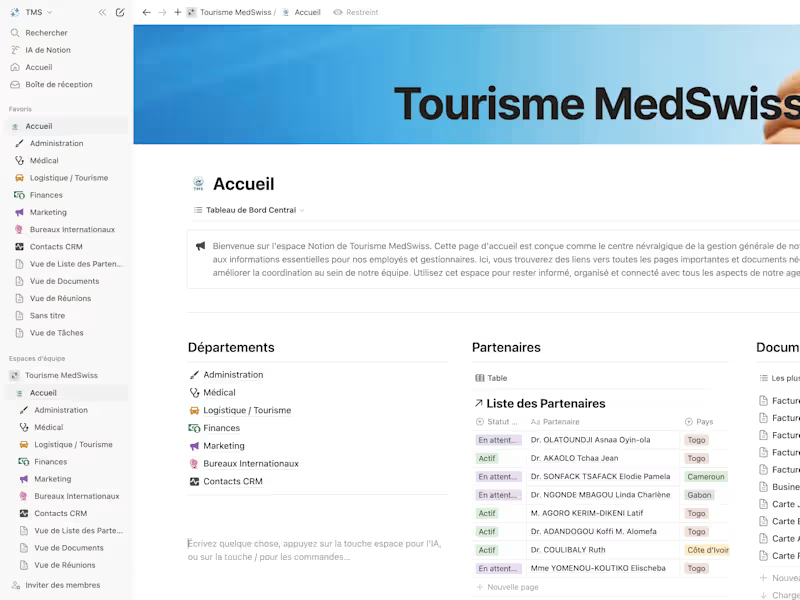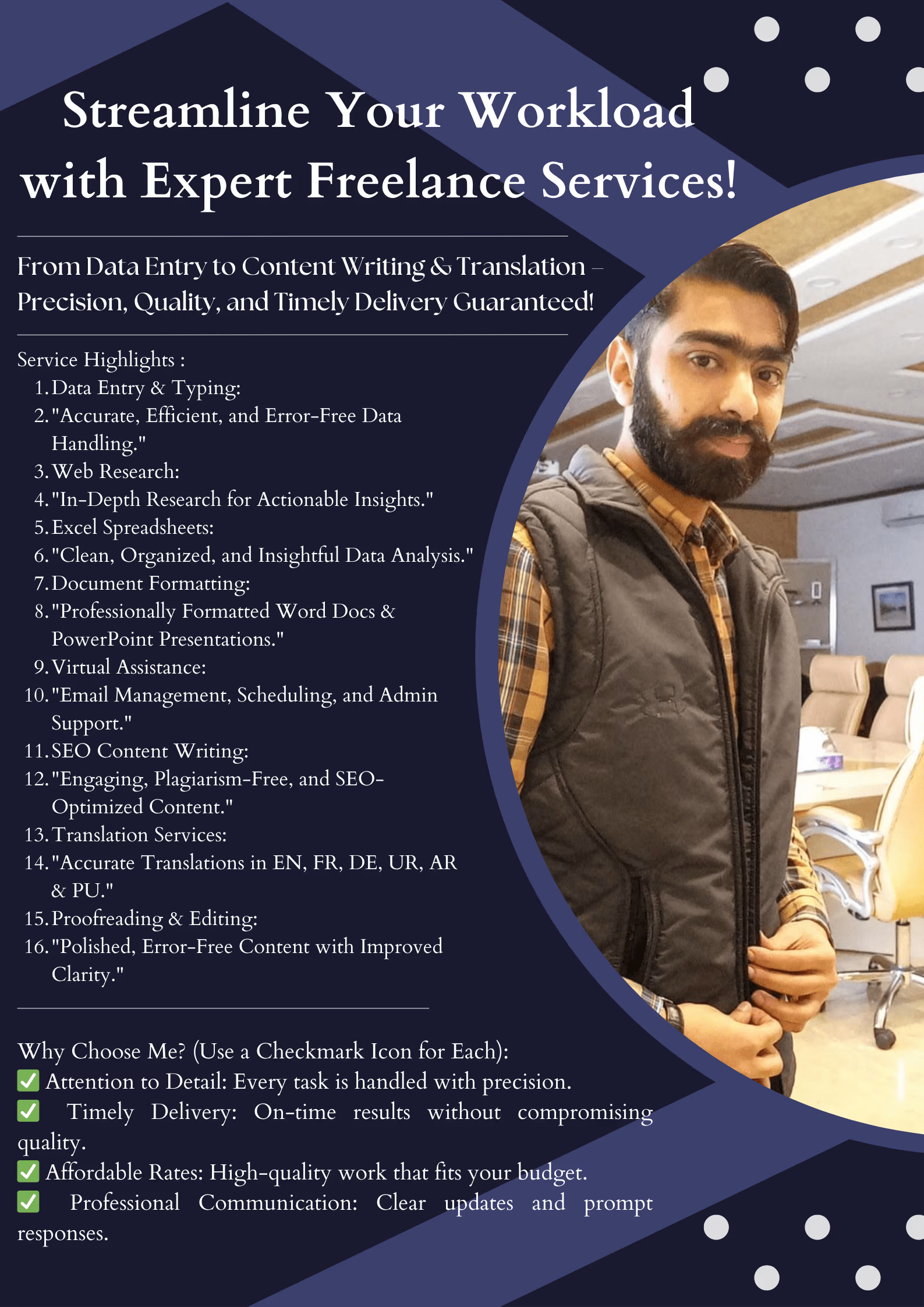Additional resources
What Are German Speaking Virtual Assistants
Administrative Support Specialists
Bilingual Communication Experts
Remote Business Partners
Why Hire German Speaking Virtual Assistants
Access to German Markets
Cost-Effective Business Expansion
24/7 Customer Support Coverage
Cultural and Language Expertise
Key Tasks for Virtual Assistants German Language Specialists
Customer Service and Support
Translation and Content Localization
Social Media Management
Email and Calendar Management
Market Research and Analysis
Essential Skills When You Hire Virtual Assistants German
Language Proficiency Requirements
Technical Competencies
Industry-Specific Knowledge
Communication and Interpersonal Skills
Where to Find German Speaking VA Professionals
Specialized VA Agencies
Professional Networks and Associations
Remote Work Platforms
University Career Centers
How to Evaluate German Language Virtual Assistant Services
Language Assessment Methods
Technical Skill Testing
Reference Verification Process
Trial Period Implementation
Cost Structure When You Outsource to German Virtual Assistants
Hourly Rate Ranges
Retainer Package Options
Project-Based Pricing Models
Hidden Costs to Consider
Legal Considerations for German Speaking Virtual Assistants
Employment Contract Requirements
Tax Obligations and Social Security
Data Privacy Compliance
Intellectual Property Protection
Onboarding Process for German Speaking VA Teams
Step 1: Documentation and Access Setup
Step 2: Tool and Software Training
Step 3: Company Culture Integration
Step 4: Performance Expectations Setting
Managing Virtual Assistants German Language Teams Effectively
Communication Protocol Establishment
Task Assignment Systems
Performance Monitoring Tools
Feedback and Review Processes
Common Challenges When Working With German Speaking Virtual Assistants
Time Zone Coordination
Cultural Differences Navigation
Quality Control Maintenance
Technology and Connectivity Issues
Future of German Language Virtual Assistant Services
AI Integration Opportunities
Hybrid Staffing Models
Emerging Specializations
Market Growth Predictions







































